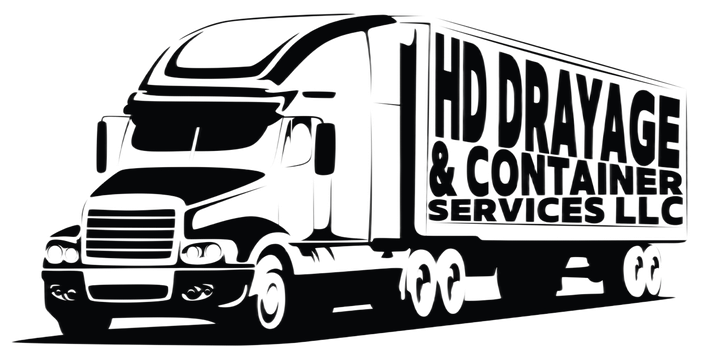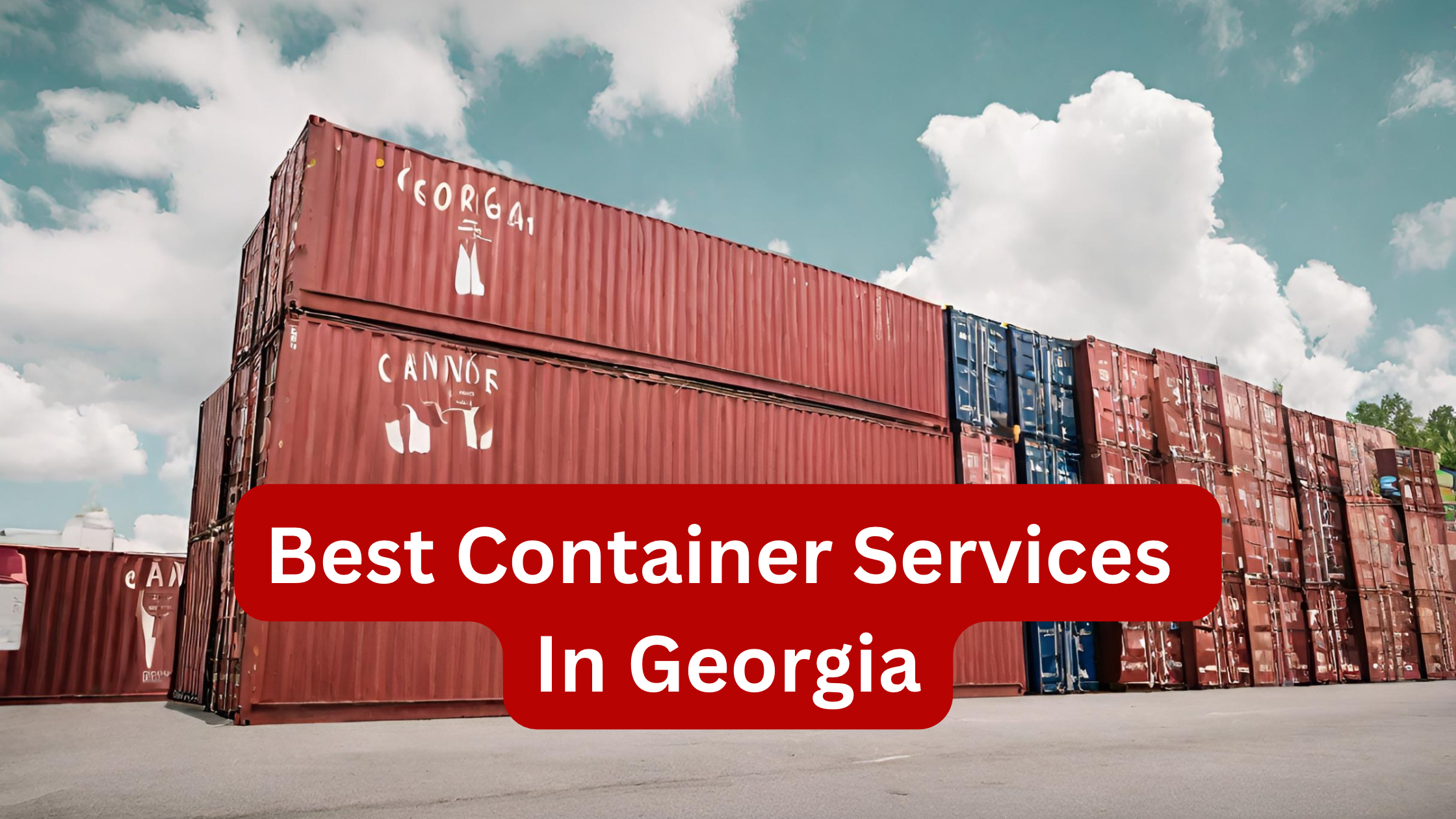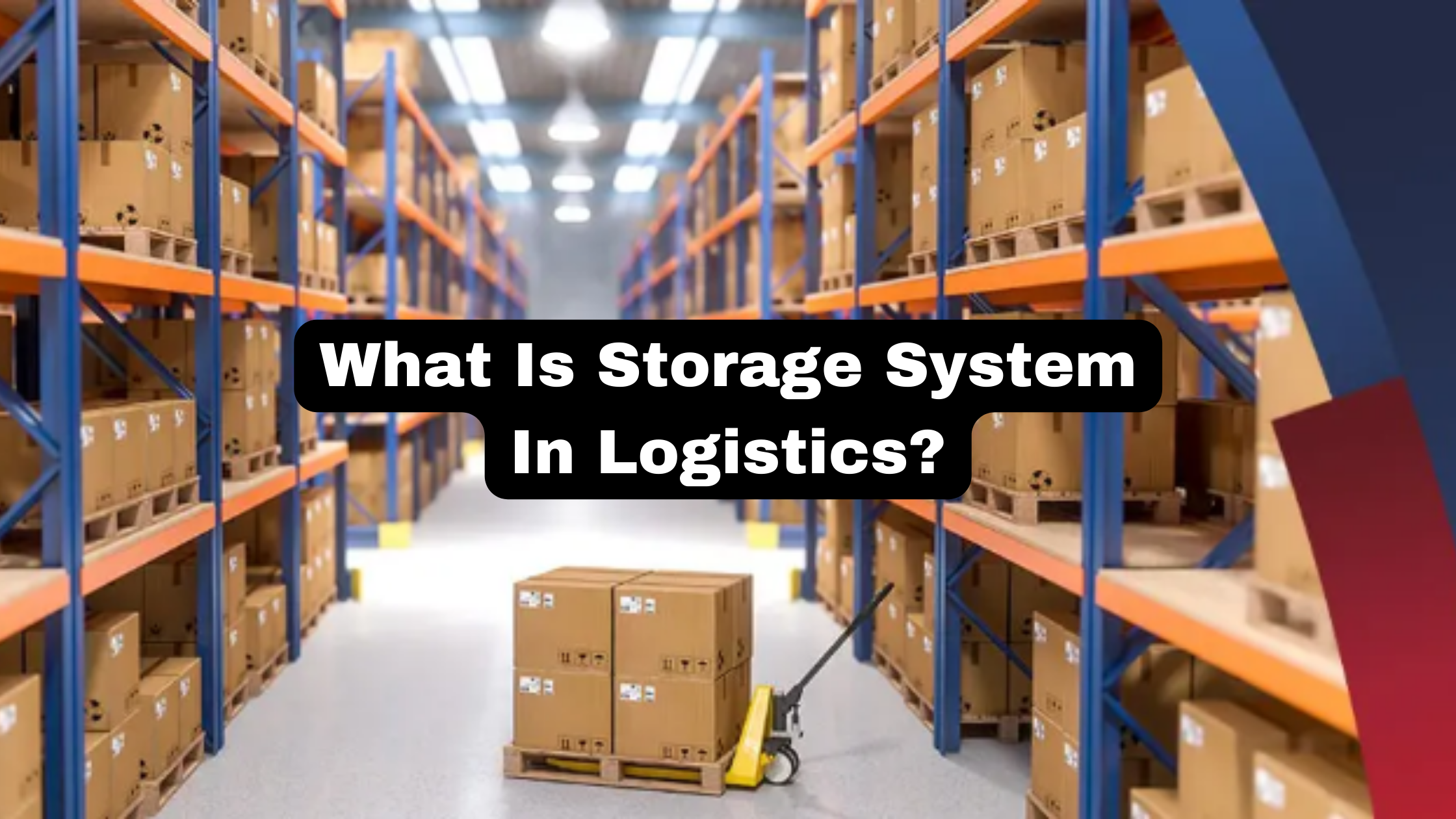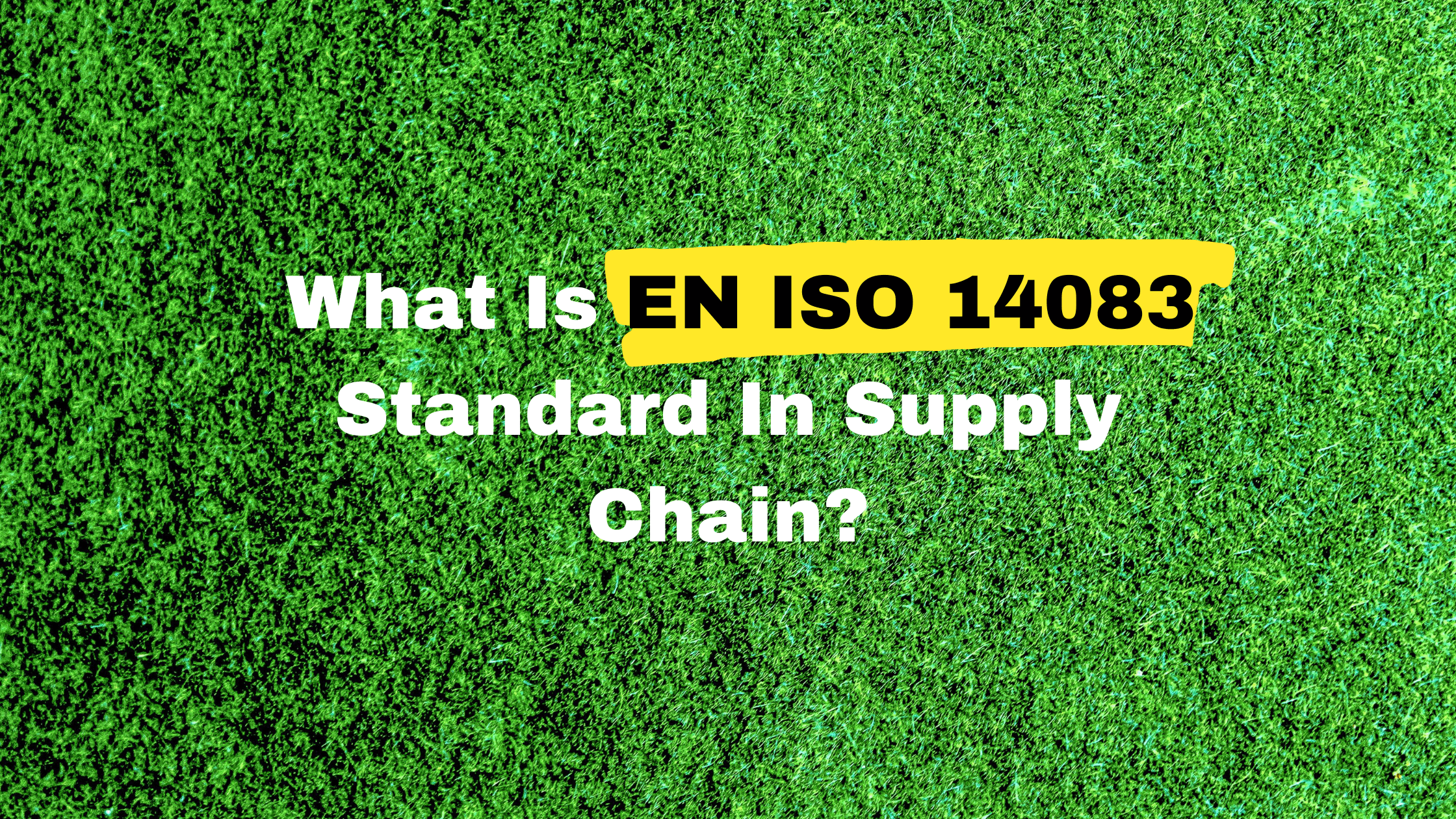The sheer number of choices can be overwhelming if you’re unfamiliar with the commercial shipping industry. One of the most popular shipping techniques is dry van trucking. The majority of people also agree that dry van trucking services are the most common. The freight industry favors dry van trailers heavily due to their simplicity and dependability. One of the most affordable shipping options today is dry van trucking.
One of the most well-liked, dependable, and long-lasting shipping methods is dry van trucking. Dry van trailers are preferred by shippers because they offer versatility, security, and weather protection for cargo. But what exactly is a dry van trucking service? When should you offer dry van shipments, why should you do so, and what are the benefits and drawbacks? Allow HD Drayage & Container Services, LLC, a leader in the trucking sector, to assist. Here is all the information you need to know about dry van trucking services, including advantages and disadvantages.
What is a Dry Van?
A dry van trailer is a real box with wheels. It is not temperature controlled and is only intended to handle dry freight as opposed to temperature-sensitive freight or “wet” goods. The majority of retail dry goods, including cereal, cleaning products, and other non-perishables, are carried there, along with boxed and palletized goods.
Dry van trucks are simple to lock down. The completely covered area shields the cargo from the sun, rain, snow, and other weather conditions. More jobs are available in different shipping lanes because dry vans can transport a wide range of different types of loads.
Dimensions and weight capacity for dry van trailers
There are several different sizes for dry van trailers.
48- and 53-foot trailers
Typically, dry vans are 53 or 48-foot-long trailers. The majority of these trailers have a maximum width and height of 8.5 feet and 110 inches, and they have a legal carrying capacity of 45,000 pounds with up to 26 pallet positions inside.
28-foot trailers
In addition to the 48- and 53-foot models, there are also 28-foot models that are shorter. They typically have a slightly narrower and lower profile and can carry a maximum of 22,500 pounds. These smaller trailers can occasionally be found in chains of two or three. 14 standard pallet positions can usually be accommodated by these “pup” trailers.
Box trucks
Dry van trucks, of which there are many straight trucks or box trucks, are used primarily for local or short-distance small cargo transportation. There are many different sizes of box trucks.
Pros And Cons of Dry Van Trucking Services
Employing dry van trucking services has a number of notable advantages and disadvantages, whether you’re referring to the full truckload (FTL) or the less-than-truckload (LTL). These are some of the best and most cost-effective methods for shipping freight.
A few of the advantages of dry van trucking services are listed below.
Affordability
Due to their availability and general lack of additional fees, dry van trucking service is more affordable than other shipping methods.
Options for drops and hooks
Drop and hook options allow you to drop an empty trailer and pick up a full one, hastening turnaround times and avoiding squandered time at either end of your runs.
Versatility
The goods that can be transported in dry vans include consumer packaged goods (CPG), apparel, electronics, furniture, and machinery. Non-perishable food items and pretty much anything else that fits and doesn’t need to be kept at a specific temperature can also be shipped.
Entire enclosure
In contrast to flatbeds and other trailers, dry van trucks make it simple to secure goods and safeguard them against the elements, damage, and theft. Until it arrives at its destination, your shipment is kept completely locked inside.
Efficient
It is possible to combine different products and materials into a single shipment to cut down on duplication.
The disadvantages of dry van shipping include the following:
Capacity
Height, length, and weight restrictions may result in a lower capacity, particularly during the busiest times of the year. For instance, if you have a lot of packages to ship over the holidays. Planning ahead will make it more likely that your demand will be met by available capacity.
Flooring
Heavy objects, those containing some moisture (like produce), or weather at pick-up or drop-off locations can all damage wooden flooring more easily.
Limited environmental control
The environment inside the dry van can be less tightly controlled. Internal temperature regulation will be impacted by bad weather. It is better to ship with a reefer if your cargo needs to be kept at a specific temperature.
Dry van trucking services might not always be the best choice. It’s crucial to consider the logistics of transportation, including cargo, your lanes, the weather, and other variables that could affect your route.
Contact HD Drayage & Container Services, LLC, if you’re looking for the most affordable dry van trucking services in the United States and Canada. Our extensive fleet of dry van trailers is ideal for transporting your goods wherever you need them to be. We’ll make every effort to offer you the most affordable shipping we can. See what HD Drayage can do for you by contacting HD Drayage & Container Services, LLC.








